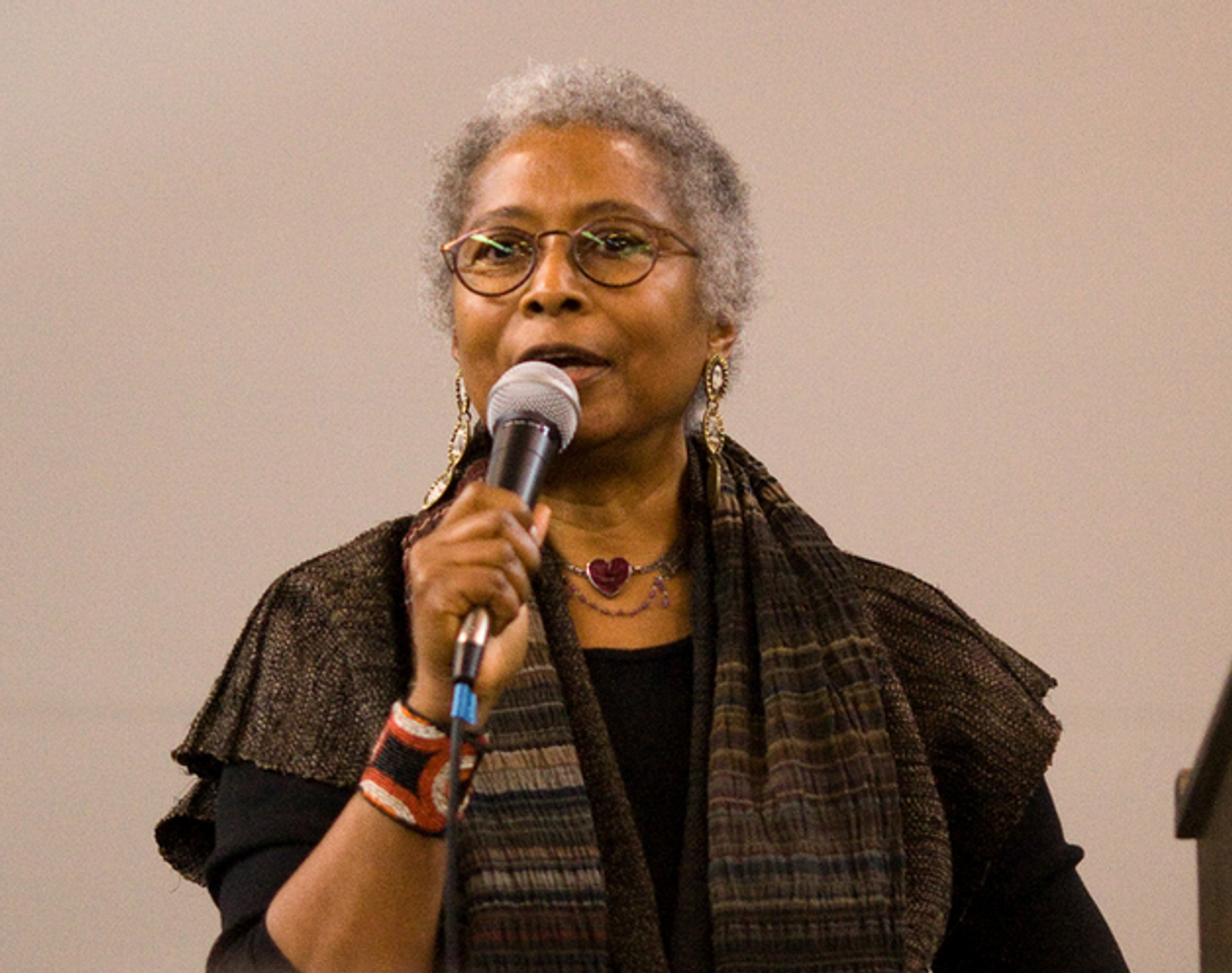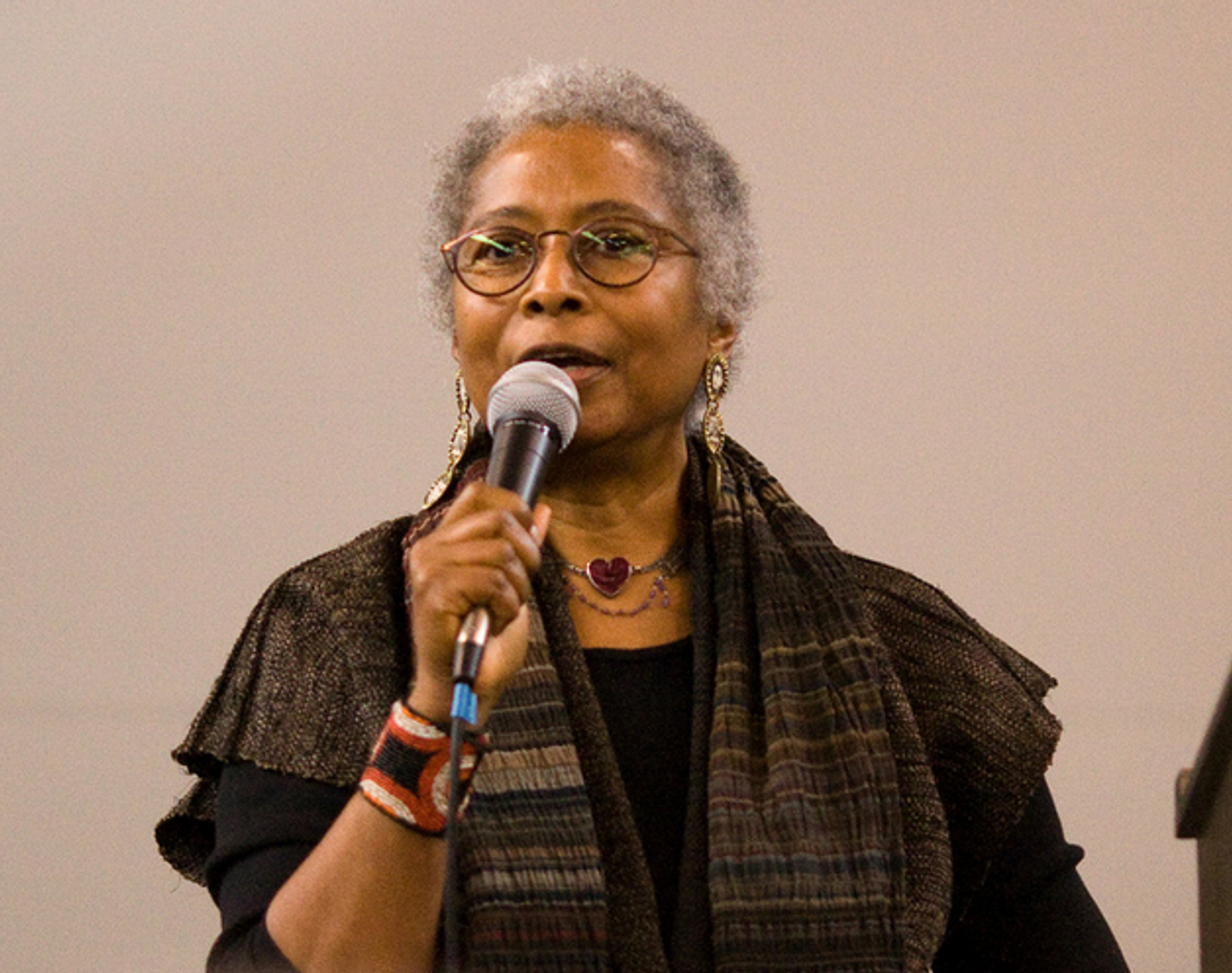More on ‘The Color Purple’—and Blue and White
Cultural boycotts stunt future revolutions




We posted last week that Alice Walker is refusing to allow an Israeli publisher translate “The Color Purple” into Hebrew, in protest of the occupation and treatment of the Palestinians. She explained to Yediot books:
“I would so like knowing my books are read by the people of your country, especially by the young and by the brave Israeli activists (Jewish and Palestinian) for justice and peace I have had the joy of working beside,” she wrote in the letter, obtained by The Associated Press. “I am hopeful that one day, maybe soon, this may happen. But now is not the time.”
I appreciate that it’s a cause close to her heart; she’s been an ardent pro-Palestinian activist for many years. I also appreciate the effectiveness of a boycott. It’s an incredibly powerful tool of protest when wielded correctly. But boycotting a racist bus company with your dollars is different than boycotting an entire nation with your art and politics, especially if those politics are radicalizing. Especially if the narratives containing those politics rail against discrimination and injustice.
On Forward, Sarah Seltzer drew my attention to the far more constructive approach chosen by Margaret Atwood when activists urged her not to accept a prize in Israel.
“We don’t do cultural boycotts,” Atwood said in an interview before the ceremony at Tel Aviv University. “I would be throwing overboard the thousands of writers around the world who are in prison, censored, exiled and murdered for what they have published.”
Not only that, Walker is passing up an opportunity to shape those same future writers who are passionate about their cause, even if it rails against the state in which they live. “The Color Purple” is a book Americans read in their formative years, clear enough for young readers but layered enough to stick. “Cultural boycotts,” as Atwood calls them, not only erase the contributions of former revolutionaries, but stunts the creation of new ones.
Alice Walker rejects Hebrew edition of The Color Purple [Today Show]
Why Alice Walker Is Wrong [Jewish Daily Forward]
Nona Willis Aronowitz is a writer, editor, and author of Girldrive: Criss-crossing America, Redefining Feminism. Her Twitter feed is @Nona.